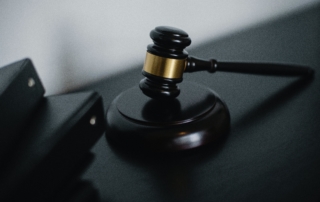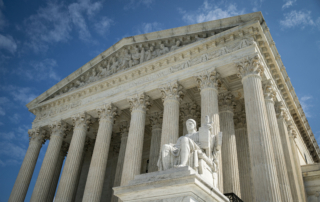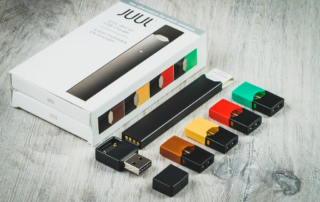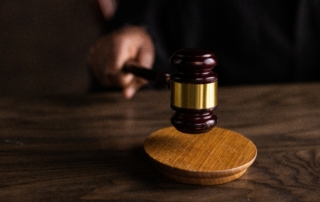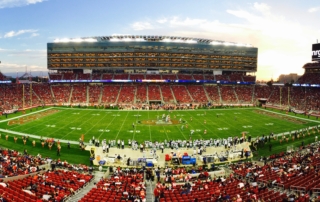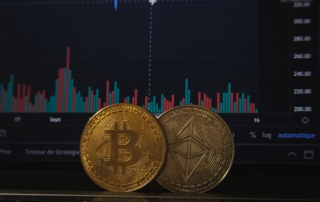Preliminary Approval of Settlement in Cannabis Dispensary Employee Class Action Lawsuit
The New Mexico federal court preliminarily approved a class action settlement for $525,000 in a wage claim asserted by a group of hourly employees from two cannabis dispensary chains, Medicine Man Technologies, Inc. (which does business in New Mexico as Schwazze) and R. Greenleaf Organics, Inc.
The “budtenders,” as the employees are classified, typically earn more than $30 per month in tips in addition to an hourly rate of $15.75. The lawsuit alleges that it is company-wide policy for cash tips to be pooled and distributed to employees at the end of each workday in proportion to […]


